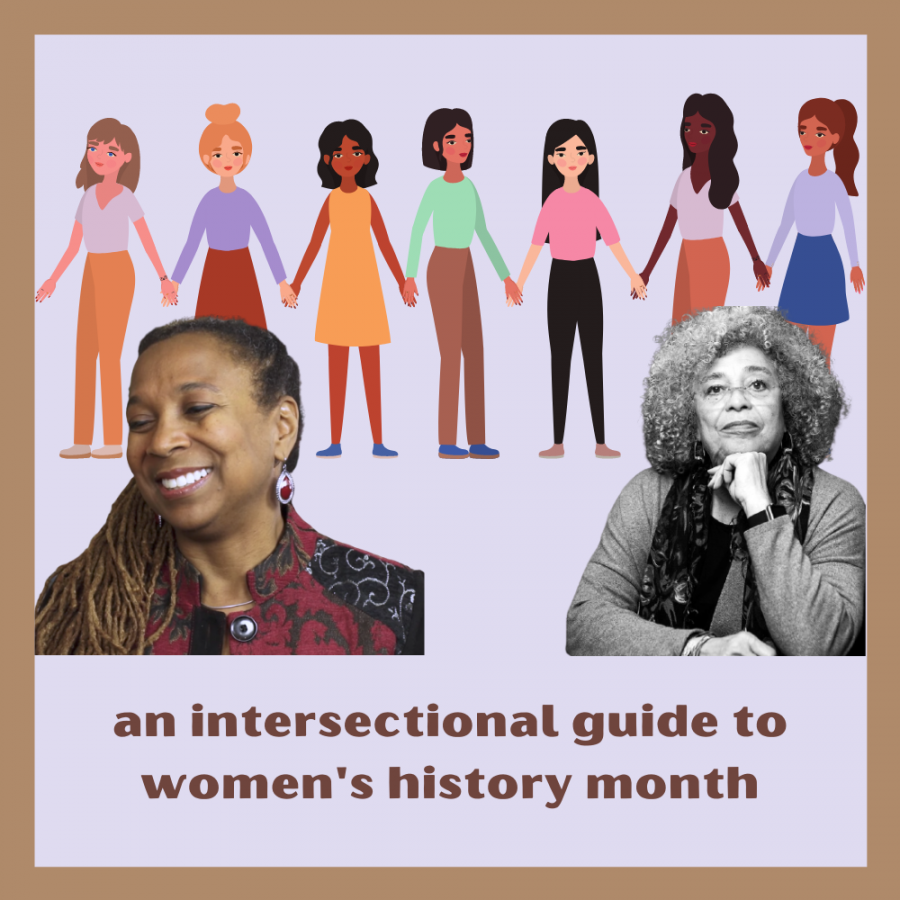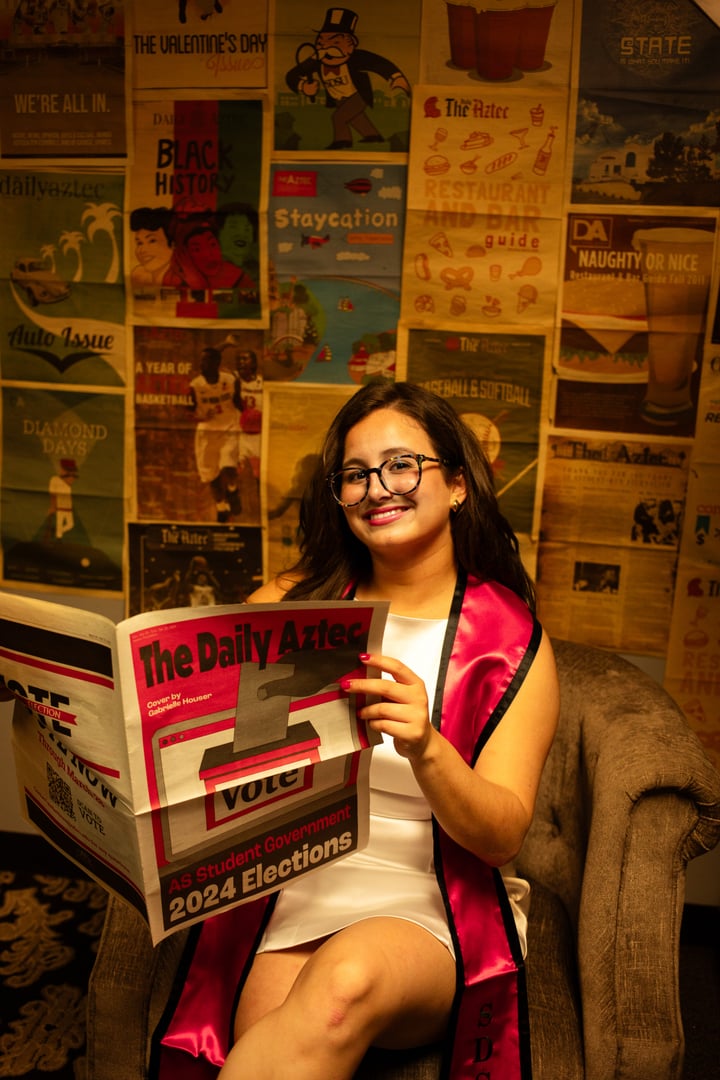Women’s History Month, established just in the past few decades, initially began as a week of celebration in 1981 to recognize important and influential American women. In the following decade, moves in Congress eventually established the entire month of March as a time to honor the historic women in American history.
As Women’s History Month steadily gains more awareness with each coming year, it is important that we continually use this month to celebrate women of many different demographics rather than focusing solely on uplifting women who are white, American, cisgender or all three. Of course, it is important to recognize the women who happen to fit these demographics, but it is also critical that Women’s History Month is inclusive of all women.
If we are commemorating Women’s History Month with an intersectional approach, We must honor women such as Kimberlé Crenshaw and Angela Davis. Crenshaw coined the term “intersectionality” in 1989 to describe the idea that people who belong to multiple disadvantaged demographics experience inequality in a unique and more complex way, where the inequality they experience cannot be attributed to just a single factor such as race or gender.
Women experience disadvantages in our society, however a woman who is poor, a part of the LGBT community, or not white experiences these disadvantages in a way that is unique compared to a cisgender white woman from a high socioeconomic status. The struggles of poverty, racism, or discrimination due to being a part of the LGBT community work in conjunction with the patriarchy to create disadvantages that an economically stable white woman would otherwise not face.
It is important that our feminism recognizes that women of different demographics are affected differently by our society — and that our feminism fights for and celebrates women of all backgrounds.
While Crenshaw coined the term intersectionality, Angela Davis explored similar ideas in her novel Women, Race, and Class in the early 80s. If you are new to the world of intersectional feminism, Davis’ novel provides a perspective that will challenge the correlation between your feminism and white supremacy, leaving you with a more inclusive way of approaching feminism.
Women’s History Month enables us to not only celebrate women like Crenshaw and Davis who were pivotal figures for advancing women’s rights, but also an opportunity to pay attention and shed light on issues that are making a massive impact around the world.
Especially in the United States, it is imperative our celebration of women during this month includes uplifting Black transgender women. Unfortunately, our society disproportionately affects and targets this specific demographic. A Black trans woman’s experience in America is one with many hardships including targeted unemployment, violent attacks and hate crimes.
So how can we help to create a safer environment for Black trans women and other marginalized groups of women? The two most important things we can do are to listen to marginalized groups and also use our own privileges to uplift these women.
Listening to marginalized groups is crucial as we cannot create effective solutions with our own limited view. As a cisgender or white person, it is crucial that your voice does not overshadow the voices of the people who are actually experiencing these struggles because we do not see the entire picture from our outside perspective. Trying to pave the way to a solution without consulting the actual group that is being affected can actually lead to more harm.
By listening to marginalized groups’ experiences, we are able to better identify the behavior — subtle and calculated — that causes harm. This ability to identify harmful behavior allows us to recognize when other people are being harmful but also enhances our ability to recognize our own faults. Being aware of issues does not mean that we are immune from also negatively contributing to these issues, so it is important that we consistently are evaluating our own behavior as well as the behavior of other people.
Just being aware of the challenges that marginalized women face is not enough. We must also use our white or cisgender privilege to keep the perpetrators of this behavior in check as well. Whenever we encounter people acting in a way that harms a certain group of women, we need to use our power and actively fight against this behavior.
Harmful behavior cannot go unnoticed.
Change will not occur if we just sit at the sidelines and point out an issue. We must be the active force that challenges these harmful behaviors if we want to see improvements.
Aside from paying close attention to the issues in our country, we need to keep conversations going surrounding issues that women around the world are facing. Whether it be the femicide epidemic of México, the struggle of Polish women to retain their reproductive rights or the ever-increasing cases of sexual violence against women in India, we must make sure that we are doing all we can to raise awareness. In this way, we can use Women’s History Month as a platform to further expand the rights for all women.
Of course, we cannot change the systemic issues that women face with ease. However, listening to the experiences of women of all backgrounds will provide an experience for others to become more aware, which in turn allows people to change their behavior as well as stand up against others who are upholding this system of oppression.
Brenna Martinez is a sophomore studying linguistics.







